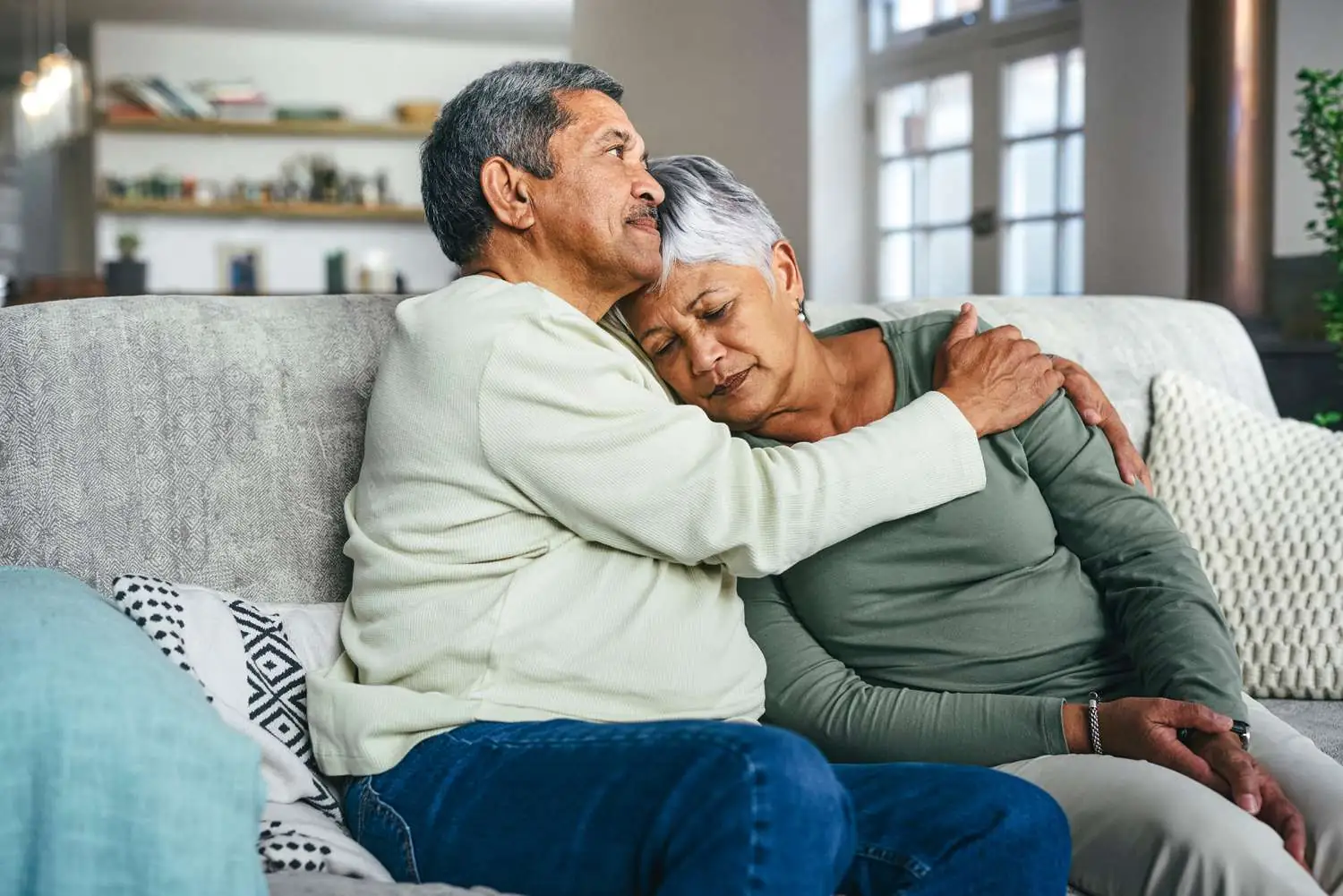Grief and loss can profoundly affect emotional health. Individuals often struggle to navigate the complex feelings that arise during such times. Understanding effective coping strategies is essential for fostering resilience and promoting healing. Various approaches, from journaling to mindfulness practices, can support emotional wellness. Exploring these strategies can provide valuable insights. However, the journey through grief is deeply personal, and the path to healing is rarely straightforward. What comes next may surprise many.
Key Takeaways
- Journaling can help you express and reflect on your grief, providing a safe outlet for complex emotions.
- Engage in creative activities like art or music to channel your feelings and promote healing.
- Maintain daily routines to offer stability and a sense of normalcy during emotional upheaval.
- Practice mindfulness techniques, such as meditation, to enhance emotional regulation and inner peace.
- Seek support from friends, family, or professionals to foster connections and alleviate feelings of isolation.
Understanding Grief and Its Impact on Emotional Health
Grief is a profound emotional response that can profoundly affect an individual’s overall well-being. It often manifests as sadness, anger, or confusion, creating a complex emotional landscape that can hinder daily functioning. Understanding grief is essential for those traversing this challenging experience, as it can impact mental and physical health. Individuals may feel isolated, struggling to articulate their pain and longing for connection. Recognizing these feelings is crucial in fostering a sense of belonging and support. Developing effective coping strategies for grief and loss can aid in processing these emotions and facilitate healing. These strategies might involve seeking social support, engaging in creative outlets, or practicing mindfulness, all of which can nurture resilience and provide a pathway through the darkness of grief.
Common Coping Strategies for Grief and Loss
Numerous coping strategies for grief and loss can provide individuals with essential tools to navigate their emotional journey. Engaging in journaling allows for self-reflection and can help articulate feelings that may be difficult to express. Creative outlets, such as art or music, serve as therapeutic avenues for processing emotions. Additionally, maintaining routines offers a sense of stability amidst chaos. Mindfulness practices, including meditation and deep-breathing exercises, promote emotional regulation and inner peace. Physical activity is also beneficial, as it releases endorphins and can enhance mood. Finally, setting aside time for self-care reinforces one’s worth and encourages healing. Implementing these coping methods for grief and loss fosters resilience and empowers individuals to move forward with their lives.
The Role of Support Systems in Healing
Healing from loss often involves traversing a complex emotional landscape, where the presence of supportive relationships can make a considerable difference. A robust support system can provide comfort and understanding, facilitating the healing process in various ways:
- Emotional Validation: Supportive friends and family can help individuals feel heard and understood, allowing for the expression of grief without judgment.
- Practical Assistance: Loved ones can offer practical help, whether it’s managing daily tasks or simply being there to share a meal, alleviating some of the burdens during tough times.
- Shared Experiences: Connecting with others who have faced similar losses can foster a sense of belonging and promote healing through shared understanding.
Incorporating these elements into one’s life can considerably enhance coping strategies for grief and loss, ultimately guiding individuals toward emotional wellness.
Mindfulness and Self-Care Practices
When individuals navigate the turbulent waters of loss, mindfulness and self-care practices can serve as essential anchors. Engaging in mindfulness allows one to be present in the moment, fostering a deeper connection to feelings without judgment. Simple techniques, such as deep breathing or meditation, can create space for healing amidst emotional turmoil. Self-care practices, like maintaining a balanced diet, regular exercise, and adequate sleep, are vital for emotional wellness during this challenging time. Creating rituals—such as journaling or taking nature walks—can also provide comfort and a sense of continuity. By prioritizing mindfulness and self-care, individuals can cultivate resilience, helping them cope more effectively with grief and loss. These strategies not only nurture the spirit but also foster a sense of belonging in one’s healing journey.

Seeking Professional Help: When and How
How can one determine the right moment to seek professional help during the grieving process? Recognizing when grief becomes overwhelming is vital. It is important to reflect on reaching out to a mental health professional if:
- Persistent sadness or hopelessness interferes with daily activities and responsibilities.
- Inability to cope with normal life stressors or emotional triggers arises.
- Isolation from friends and family occurs, leading to feelings of loneliness.
Engaging with a therapist can provide essential tools and coping strategies for grief and loss, creating a supportive space for healing. Professional help can validate feelings and guide individuals toward emotional wellness, fostering a sense of belonging during a profoundly challenging time.
Frequently Asked Questions
How Long Does Grief Typically Last?
Grief varies greatly among individuals, lasting from a few months to several years. Factors influencing duration include personal resilience, support systems, and the nature of the loss, making each experience uniquely personal and profound.
Can Grief Cause Physical Health Issues?
Grief can indeed lead to physical health issues, manifesting as fatigue, headaches, or digestive problems. The emotional strain affects the body, highlighting the importance of addressing both mental and physical well-being during such challenging times.
Is It Normal to Feel Guilty During Grief?
It is normal for individuals experiencing grief to feel guilt. This emotion often arises from unresolved feelings or perceived shortcomings related to the loss. Acknowledging these feelings can be an essential step towards healing.
How Can I Support Someone Else Who Is Grieving?
To support someone grieving, offer a listening ear without judgment, provide practical assistance, and check in regularly. Small gestures can create a sense of belonging, reminding them they are not alone during this difficult time.
Are There Cultural Differences in Grieving Processes?
Cultural differences in grieving processes are significant, often reflecting unique beliefs, rituals, and communal practices. These variations shape how individuals express sorrow, seek support, and find comfort, highlighting the diverse ways people cope with grief and loss.
Conclusion
In maneuvering through the complexities of grief and loss, embracing effective coping strategies is essential for emotional wellness. By engaging in self-expression, establishing routines, and practicing mindfulness, individuals can foster resilience in their healing journey. Additionally, the support of friends, family, and professionals plays an important role in providing comfort and validation. Ultimately, recognizing the significance of these strategies empowers individuals to honor their grief while moving toward emotional balance and recovery.
You May Also Like To Read:
